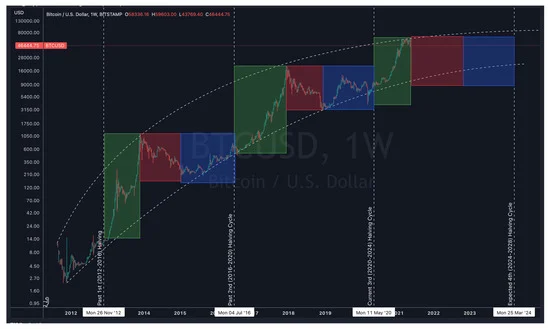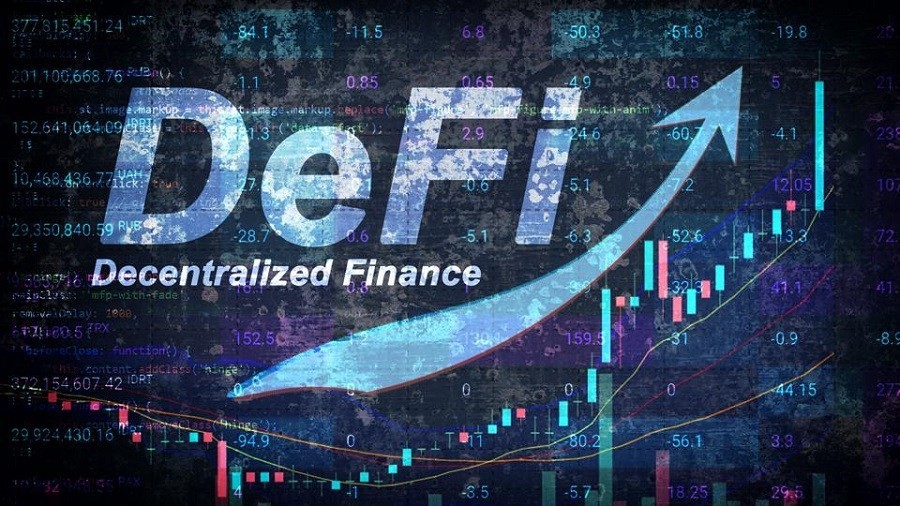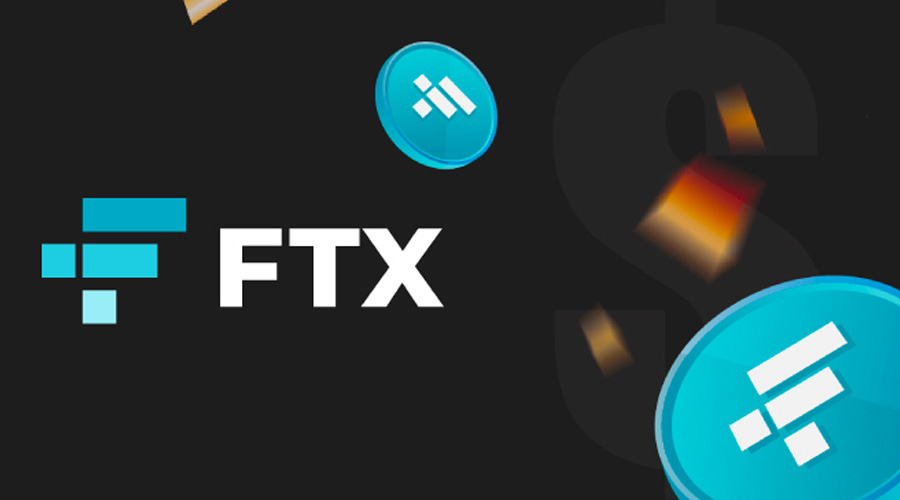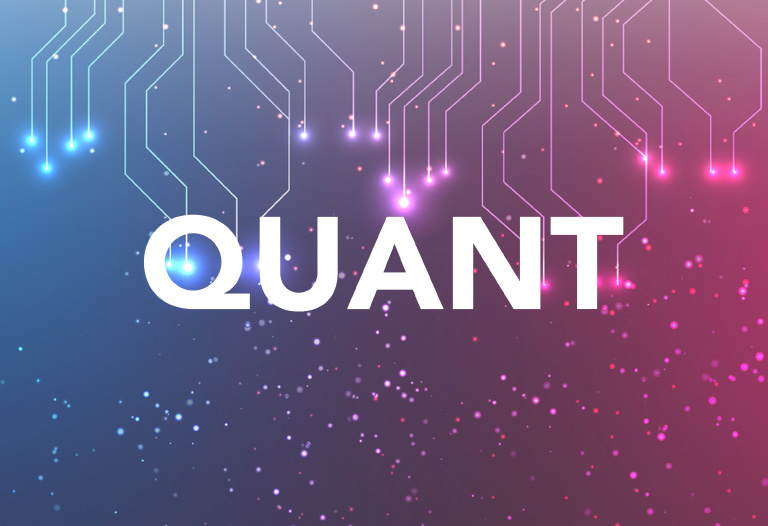Blockchain Underpinning Much of Germany's Renewable Energy Evolution
Blockchain Underpinning much of Germany's renewable energy evolution. The technology is being used to develop new P2P energy
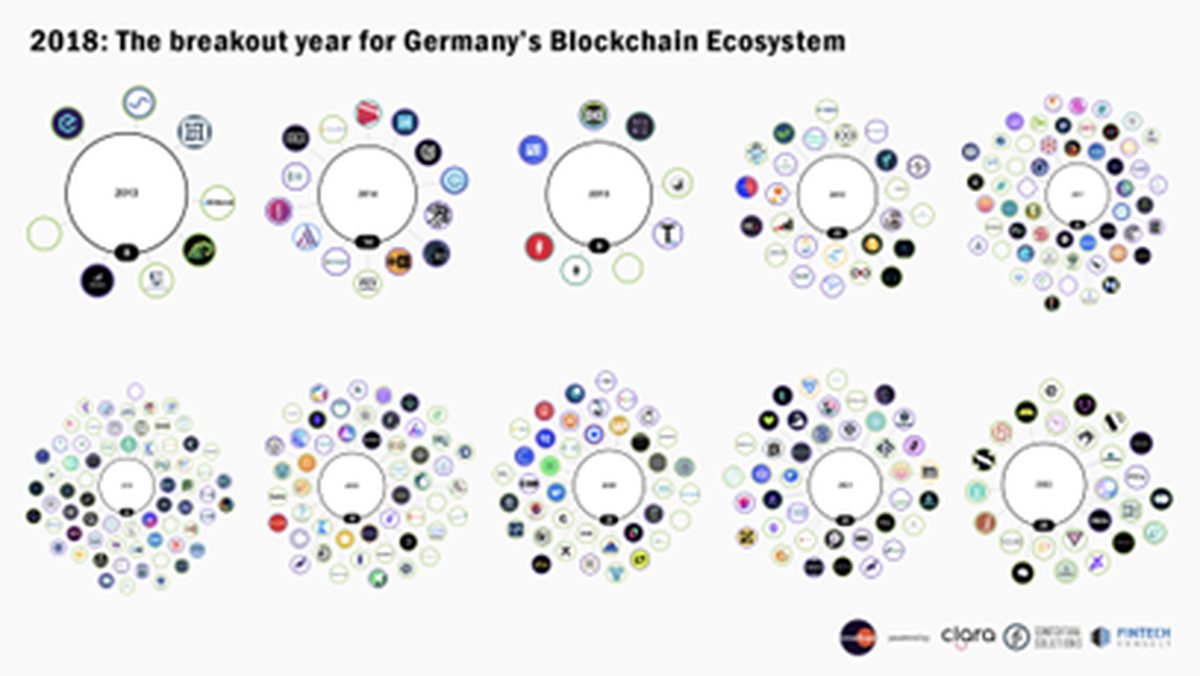
As Germany shuts down all nuclear and coal-based energy production, blockchain technology is underpinning many of the country's renewable energy initiatives. Blockchain's decentralized, secure, and transparent nature makes it ideal for tracking and managing renewable energy assets, from production to distribution.
Blockchain in Germany's renewable energy sector
Germany is a global leader in renewable energy, with over 40% of its electricity coming from renewable sources. As the country transitions to a 100% renewable energy future, blockchain is playing an increasingly important role.
One of the most significant applications of blockchain in Germany's renewable energy sector is in the development of peer-to-peer (P2P) energy trading platforms. These platforms allow consumers to buy and sell energy directly from each other, without the need for a middleman. This can help to reduce energy costs and give consumers more control over their energy consumption.
Another important application of blockchain is in the management of renewable energy microgrids. Microgrids are small, self-contained energy grids that can operate independently from the main grid. This can be especially beneficial in rural areas or areas with unreliable access to electricity. Blockchain can be used to track and manage the flow of energy in microgrids, ensuring that they operate efficiently and reliably.
Blockchain Underpinning is also being used to develop new renewable energy financing models. For example, some companies are using blockchain to create tokenized renewable energy assets. This allows investors to buy and sell shares in renewable energy projects, without having to purchase the entire project. This can help to make renewable energy more accessible to a wider range of investors.
Case studies
Here are a few examples of how blockchain is being used in Germany's renewable energy sector:
- Lition Energie: Lition Energie is a Berlin-based startup that has launched a blockchain-based marketplace allowing consumers to choose between multiple energy providers. The platform uses a proof-of-stake consensus mechanism, which is more energy-efficient than proof-of-work consensus mechanisms used by some other blockchain platforms.
- Energy Web Foundation: The Energy Web Foundation is a non-profit organization that is developing a blockchain platform specifically for the energy sector. The platform is designed to enable the development of new energy applications, such as P2P energy trading and microgrid management.
- WePower: WePower is a German company that is using blockchain to develop a new renewable energy financing model. The company is creating a tokenized renewable energy asset that allows investors to buy and sell shares in renewable energy projects.
Benefits of using blockchain in the renewable energy sector
Blockchain offers a number of benefits for the renewable energy sector, including:
- Transparency: Blockchain is a transparent technology, which means that all transactions are recorded on a public ledger. This can help to reduce fraud and corruption in the renewable energy sector.
- Security: Blockchain is a secure technology, which means that data is protected from unauthorized access. This is important for the renewable energy sector, as it involves the management of sensitive data such as energy consumption data and financial data.
- Efficiency: Blockchain can help to improve the efficiency of the renewable energy sector by automating processes and reducing the need for intermediaries.
- Accessibility: Blockchain can help to make renewable energy more accessible to a wider range of people by enabling new financing models and P2P energy trading.
Challenges and opportunities
While blockchain offers a number of benefits for the renewable energy sector, there are also some challenges that need to be addressed. One challenge is the lack of regulation for blockchain in the energy sector. This can create uncertainty for businesses and investors. Another challenge is the need for scalability. Blockchain platforms need to be able to handle a large volume of transactions in order to be effective in the renewable energy sector.
Despite these challenges, the opportunities for blockchain in the renewable energy sector are significant. Blockchain can help to make renewable energy more affordable, accessible, and reliable. It can also help to reduce fraud and corruption in the sector.
Blockchain is underpinning much of Germany's renewable energy evolution. The technology is being used to develop new P2P energy trading platforms, manage renewable energy microgrids, and create new renewable energy financing models. Blockchain has the potential to make renewable energy more affordable, accessible, and reliable.
What's Your Reaction?









